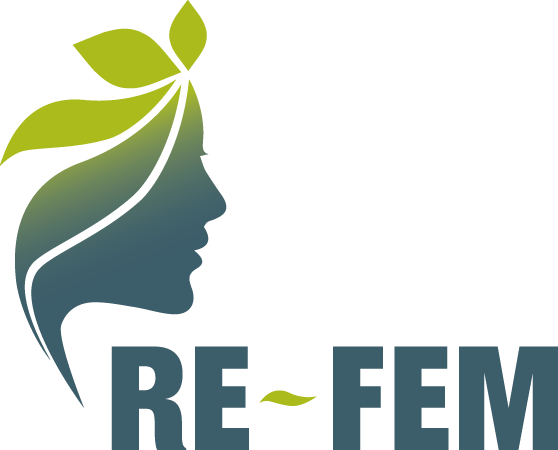 Home link
Home link

Open to public
HETFA Research Institute
A női vállalkozók szerepének erősítése Az EU által finanszírozott projektek tanulságai és tapasztalatai
Az elmúlt években számos nemzetközi és helyi projekt indult a nők társadalmi és gazdasági helyzetének javítására. A női vállalkozókat és innovátorokat célzó üzleti hálózatok egyre inkább arra összpontosítanak, hogy segítsék a nőket az induló vállalkozások elindításában és fenntartásában, míg a városok rendszeres pitching- és hálózatépítő rendezvényeket tartanak a feltörekvő női vállalkozók segítésére. A konferenciák és workshopok ma már kulcsfontosságú platformként szolgálnak a nők üzleti életben jelentkező kihívások megvitatására, a politikai döntéshozók pedig egyre inkább keresik a nők vállalkozói léthez való hozzáférését megkönnyítő programok létrehozásának módjait. Erasmus+ napi rendezvényünkön webináriumot tartunk, amelynek témája az EU által finanszírozott, a közép- és kelet-közép-európai régióban a női vállalkozókat az EU-ban megerősítő projektek feltárása lesz.
Empowering Women Entrepreneurs Insights and Lessons Learned from EU-funded Projects
In recent years, various international and local projects have been launched to support women in improving their social and economic standing. Business networks targeting women entrepreneurs and innovators are increasingly focusing on assisting women in launching and sustaining start-ups, while cities are hosting regular pitching and networking events to help aspiring women entrepreneurs. Conferences and workshops now serve as crucial platforms for discussing the challenges faced by women in business, and policymakers are increasingly seeking ways to create programs that facilitate women’s access to entrepreneurship. Our Erasmus+ Day event will feature a webinar dedicated to exploring EU-funded projects that empower women entrepreneurs in the CEE region in the EU. During the event, we will showcase four successful projects, providing insights into how these initiatives have been designed and implemented. The discussion will then shift to a brainstorming session focused on refining project development to better meet the needs of women entrepreneurs. We aim to explore strategies to overcome the challenges they face and identify how future programs can become more sustainable and impactful. Participants will leave with actionable insights to apply in their own projects, gain a deeper understanding of international collaboration opportunities, and receive valuable information on how to design programs that effectively address the obstacles faced by women entrepreneurs. Event Structure: Presentation of Projects: Introducing four successful EU-funded projects focused on empowering women entrepreneurs. 1) Katalin Oborni (Hétfa Research Institute, HU) coordinator of the RE-FEM https://refem.eu/ RE-FEM – ‘Upskilling pathways for REsiliency in the post-Covid era for FEMale Entrepreneurs’ is an Erasmus+ project aiming to empower women entrepreneurs, through need-based training for maintaining resilient businesses in the post-covid era. The project also wants to serve the needs of the trainers and mentors in business support and entrepreneurship working in the field of adult education by providing easily accessible, high quality and transformative training tools. 2) Mariya Zlatvea (Regional Agency for Entrepreneurship and Innovations – Varna, BG), coordinator of WE.Circular https://interreg-danube.eu/projects/wecircular WE.Circular – Boosting digital and industrial capacity for sustainable circular transition of women entrepreneurs in the Danube Region, co-financed by Interreg Danube Region Programme. WE.Circular aims to foster economic growth and environmental sustainability, making a tangible impact on the region. Through collaborative efforts, we strive to bridge the gender gap, empower women entrepreneurs, and propel the circular economy forward. The aim will be achieved by (1) development of innovative training programmes for women entrepreneurs that will be designed to equip women in business with the skills and knowledge needed to thrive in the digital and circular economy, (2)utilizing 12 established WE.Circular Labs as hubs for experimentation and innovation and providing support in the delivery of new circular business models, and (3)increasing the capacity of public authorities to design effective policy tools that support women entrepreneurs in their transition to a circular economy. 3) Diana Kiss (Design Terminal, HU), coordinator of Womenture https://womenture.eu/ Womenture Womenture is for empowering female entrepreneurs At Design Terminal, we believe in our projects having positive social impacts. For this reason, we lead a Horizon Europe project to boost female entrepreneurship in Europe. The objective of Womenture is to build an ecosystem around female entrepreneurs. Throughout the project, we have gathered 418 HUB members across 39 countries and provided 107 hours of mentoring to idea-phase teams. Beyond a business support programme, we collaborate with similar initiatives to foster female entrepreneurship. The consortium consists of Czech, German, Estonian and Hungarian partners. Partners: DEX Innovation Centre, SpinLab – The HHL Accelerator, Tehnopol Round Table Discussion: What challenges do EU-funded programs need to address to support women entrepreneurs? How can we design sustainable and impactful projects tailored to women’s entrepreneurial needs? Involvement of public authority? Who are the main actors who should be better engaged in supporting the WEs?